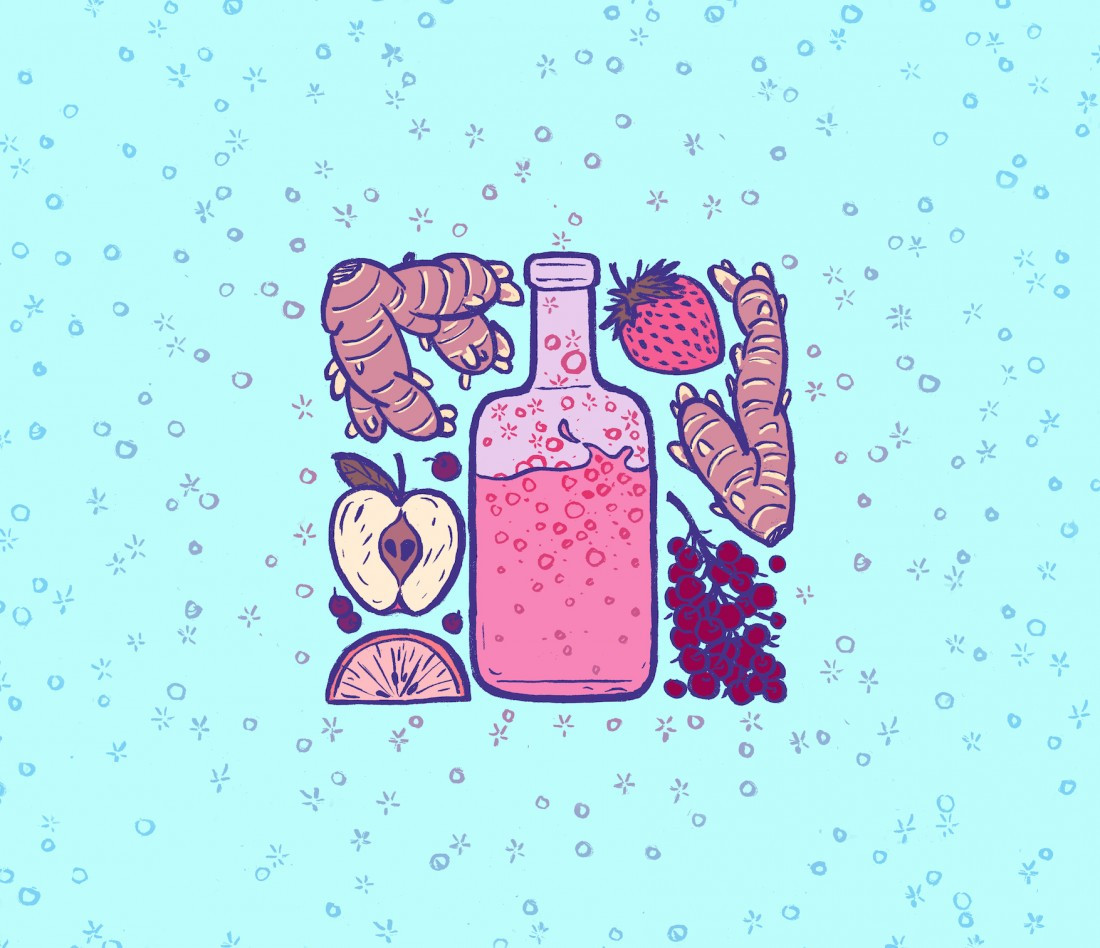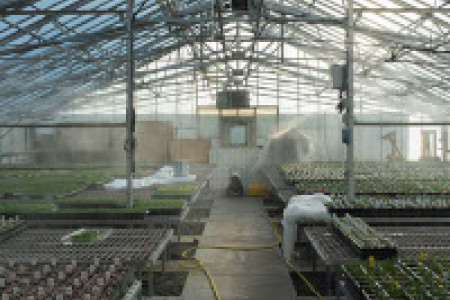Fermenting soda
The ins and outs of DIY food
Chances are you’ve been eating fermented foods your whole life and not known it. Local groups, such as Edible Alchemy, are reconnecting with these fermented foods and helping others explore DIY food processing.
Natalie Elizabeth and Alexis Goertz co-founded Edible Alchemy. The pair say they have been experimenting, collaborating and hosting workshops since its inception in 2013, facilitating what the founders call fermentation skill shares.
The pair say they bonded over shared interests of adventure and experimentation. After realizing the benefits and creative avenue fermentation offered to them, the next step seemed like a no-brainer.
“Edible Alchemy feels like an expression of the way Alexis and I live our lives,” Elizabeth says. “I realized as we were making food together, how important it is to transmit this skill in a tactile way.”
But that’s not the only reason both women are enthralled by this practice. There are health benefits, too.
“There is a huge shift happening right now towards self-food processing,” Goertz says. “Many studies are coming out to the public about the gut-brain connection and how this is affecting our overall health.”
Elizabeth says she started fermenting foods when dealing with some chronic health issues, noticing that there have been huge changes in her digestion and immune system since her journey began.
In 2014, Goertz moved to Berlin where she has continued the practice of fermented food abroad. Through Edible Alchemy, Goertz has been teaching people the how-to of fermenting and says it has been widely received.
“(Fermentation) creates good bacteria that helps us strengthen our immune system,” Goertz says. “By fermenting certain foods, we are actually breaking down cell walls of say vegetables, which makes them more bio available to our intestines; i.e. we can have access to all the nutrients and vitamins that the vegetable offers us.”
Once in Berlin, Goertz says she noticed a generational disconnect. Even though sauerkraut is a popular condiment in Germany, most of the current generation only remembers their grandparents fermenting it.
Elizabeth contends mass food processing is partly to blame for the disconnect.
“The industrial food system has really alienated people from low tech processing methods like fermentation, and it can be intimidating and scary,” Elizabeth says.
Despite this, Elizabeth says people realize that there are many benefits to eating fermented foods and by teaching others she wants to make fermented foods more accessible.
“My hope is that we can start getting ultra-fresh foods in the markets for the general public,” Goertz says, “and also continue to educate those on the many traditional methods of fermentation that take a new twist.”
“Having food skills is really empowering and helps people make the most of the food they have,” Elizabeth adds. “I just really like to gather people together to learn and inspire each other.”
Next winter, Elizabeth will be heading to Europe to collaborate with her Berlin counterpart, the two say to expect new experiments on the fermentation front as well as expanding their online presence and collaborating projects.
“Eating probiotic rich foods, and gaining the understanding of what that actually means is the first step,” Goertz says.
Published in Volume 70, Number 24 of The Uniter (March 17, 2016)






